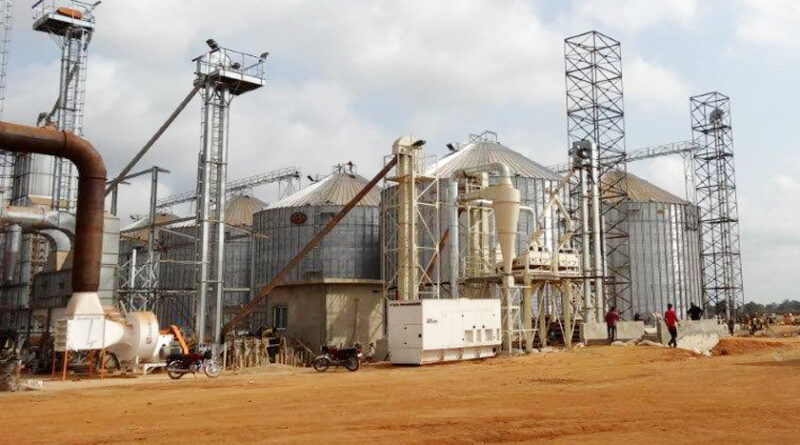4,000 quintals of paddy missing from Karnal mill, officials launch probe.
In a major discovery amid concerns of proxy procurement and fraudulent gate passes, officials found around 4,000 quintals of paddy missing from stock allocated to a Karnal rice mill for custom-milling rice (CMR). This irregularity in the paddy procurement process has raised significant alarms over potential lapses for the 2024-25 season.
Following the discovery, the District Food and Supply Controller (DFSC) was directed to take necessary action against the mill owner. The missing paddy had been assigned by the Food, Civil Supplies, and Consumer Affairs Department under the CMR system, where the processed rice is to be supplied to the Food Corporation of India (FCI).
“A team led by Assistant Commissioner Under Training (ACUT) Yogesh Saini is conducting physical inspections of rice mills and verifying records in grain markets to match stocks in mills with quantities allotted by the agency. The team found around 4,000 quintals of paddy missing from the rice mill’s stock. The DFSC has been instructed to take necessary action as per policy,” said Additional Deputy Commissioner (ADC) Yash Jaluka.
Deputy Commissioner Uttam Singh emphasised a zero-tolerance policy towards any discrepancies, adding that ADC Jaluka and Saini have been closely monitoring paddy procurement since the season began.
It has already been reported by The Tribune that the administration’s scrutiny has also exposed unusual issuance patterns of gate passes in grain markets, including multiple passes issued within seconds, raising suspicions about possible manipulation. Some discrepancies include two passes issued within 41 seconds and three within 2 minutes and 35 seconds, while the normal process requires two to three minutes per pass.

In Nissing grain market alone, 772 gate passes for 42,633 quintals were deleted, with similar patterns in other markets, such as Nigdhu, Indri, Taraori, Gharaunda, Karnal and Assandh.
Deputy Commissioner Uttam Singh assured that all mills would be inspected to ensure paddy stocks align with official allotments.
This article has been republished from The Tribune

